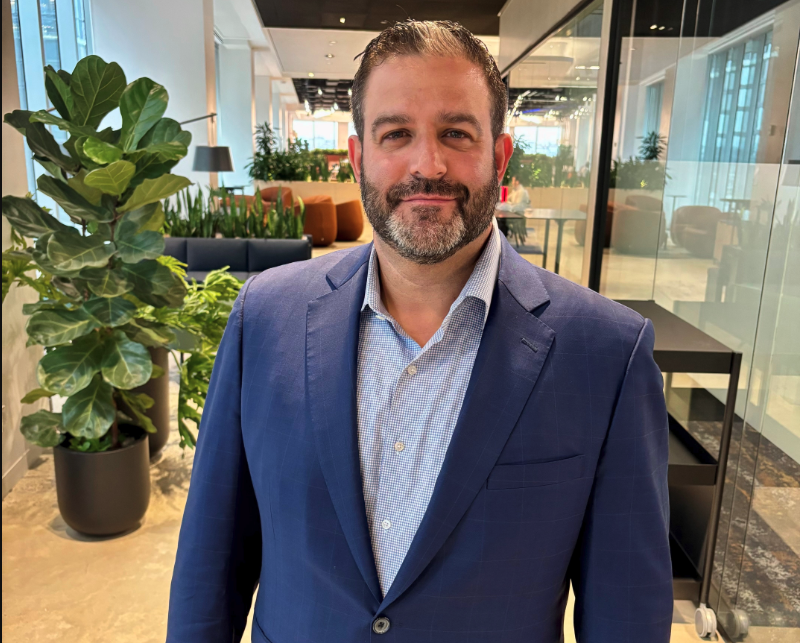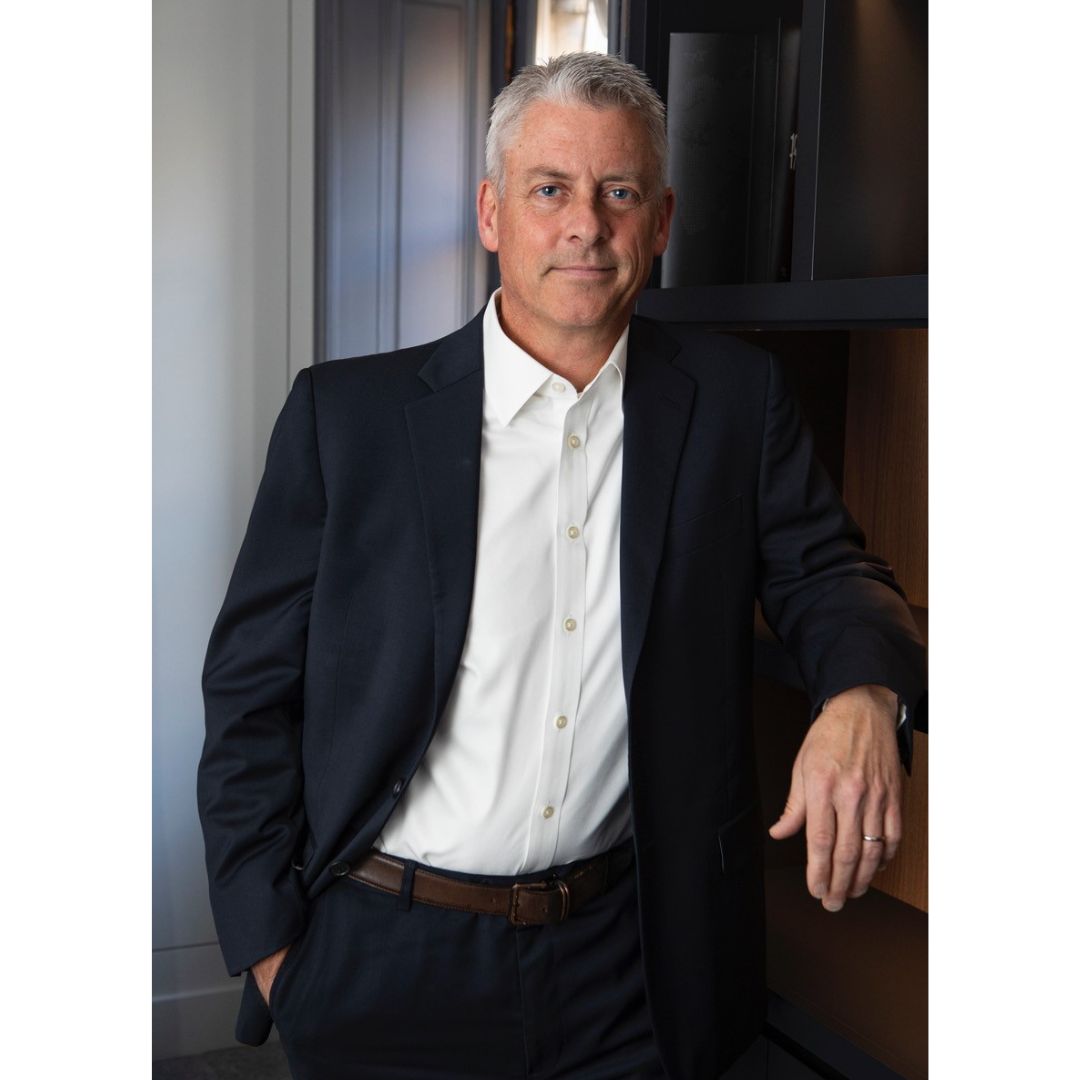The Increase in RIA Consolidations Changes the Dynamics of the Industry
| By Amaya Uriarte | 0 Comentarios

RIA consolidators have grown significantly over the past decade, now representing $1.5 trillion in assets under management. This shift is altering the dynamics for strategic partners, asset managers, and especially RIAs themselves, according to The Cerulli Report – U.S. RIA Marketplace 2024.
While only 6% of advisors in the RIA channel were affiliated with a network in 2018, that number grew to 14% by 2023.
“This development is slightly surpassed by the growth in market share of assets, which reached 18%, a jump of 10 percentage points. RIA consolidators have been able to maximize this growth period by creating platforms that meet advisors’ needs while advancing the objectives of a larger, more integrated organization,” states the Cerulli report.
The study highlights that technology has become a central component of offerings designed to attract firms, potential advisors, and practices planning acquisitions. 55% of advisors say an integrated technology platform is one of the most valued services offered by networks seeking to bring firms on board.
“Essential to the needs of RIAs, technology tools have become a costly and complex component of advisory practices,” says Stephen Caruso, associate director.
Many consolidators have successfully built centralized technology platforms that provide advisors with access to best-in-class technology stacks managed by internal tech teams. By connecting their advisors to a single system of record, firms can achieve greater efficiency in integration and gain a more comprehensive view of their business, Caruso added.
Among other findings from the Cerulli research, succession planning is a highly valued service for 50% of respondents. Furthermore, 37% of RIA advisors are expected to retire within the next decade, which will put 35% of the channel’s assets into motion.
“RIA buyers have made significant inroads in this market, positioning themselves as a support system for advisory practices and RIAs that recognize the need for an exit strategy but have been unable—or unprepared—to execute it independently,” the Cerulli report explains.
Among RIAs, 74% consider succession planning or exit strategies a factor influencing their decision to join a large platform or RIA aggregator.
“As this wave of consolidation sweeps through the industry, advisors will increasingly face opportunities to sell their business or affiliate with a large RIA acquirer. RIA acquirers seeking to differentiate themselves can do so by creating a more robust framework of opportunities centered around the advisor,” concludes Caruso.












